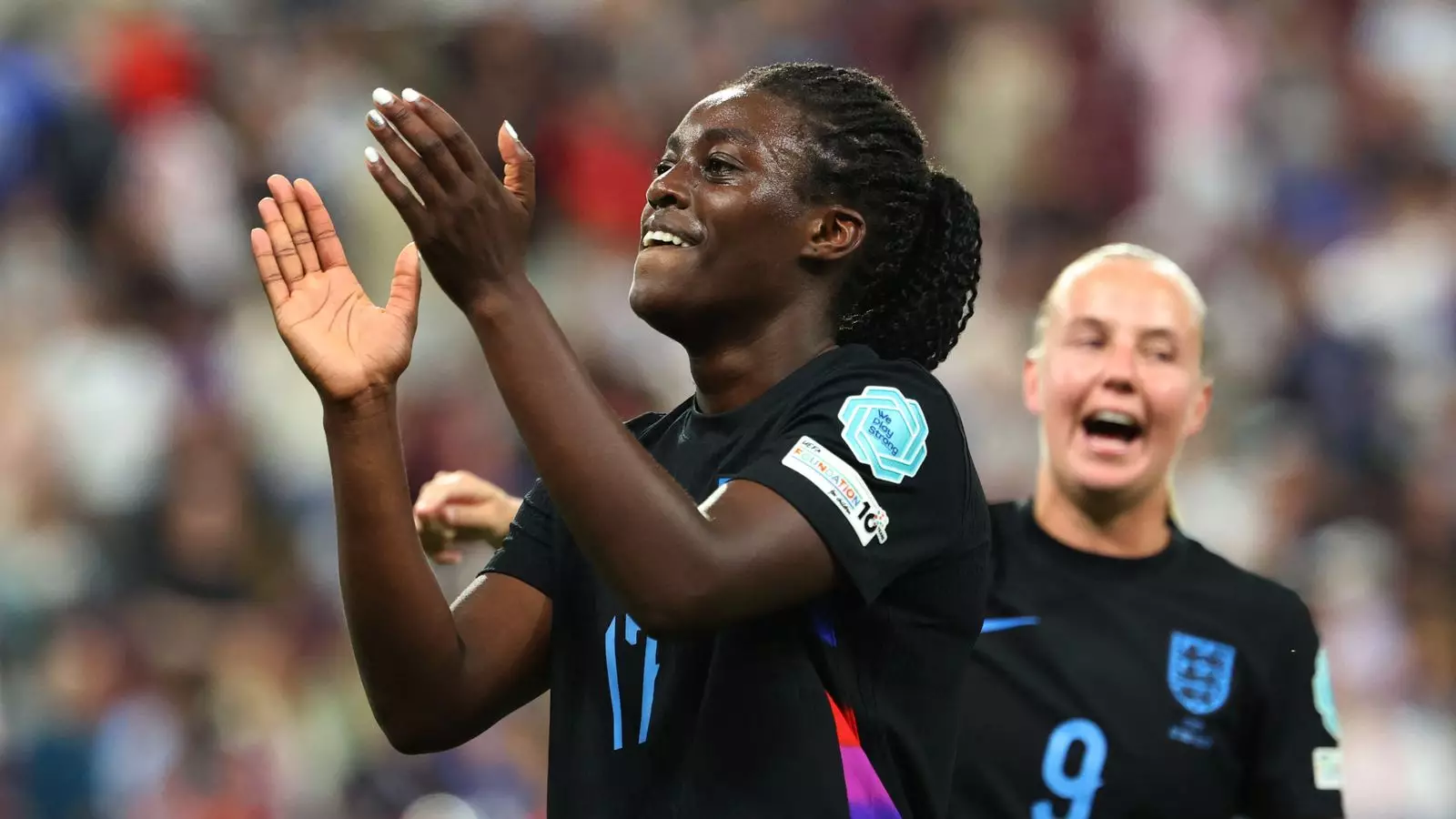Once considered the perennial outsiders on the global football stage, the English and Spanish women’s national teams have undergone a dramatic transformation. Historically, they were haunted by a reputation of underperformance, often falling short in major tournaments despite harboring immense talent and potential. However, that narrative has shifted profoundly in recent years. No longer are these teams mere hopeful contenders; they have firmly established themselves as serious threats, reaching the finals multiple times and inspiring a new generation of female athletes and supporters. This evolution changes the way we must perceive their competitive spirit: what was once dismissive skepticism now demands respect and acknowledgment.
Their rise underscores a broader societal shift—one where women’s sports are finally getting the recognition they have deserved for decades. The football histories of these nations are now intertwined with stories of resilience, dedication, and breaking glass ceilings. This new reality rattles assumptions that traditional powerhouses dominate unchallenged. England and Spain have leapfrogged from the shadows of their male counterparts to stake their claims on the global stage, not as underdogs but as equals and, increasingly, as favorites.
The Significance and Stakes of the Finals
Reaching the final is no small feat; it symbolizes an acknowledgment of perseverance and skill. For the players, it represents more than a trophy—it’s a testament to years of fighting against biases, neglect, and societal barriers that once marginalized women’s football. The English captain, Leah Williamson, articulated this perfectly: the opportunity to defend the European Championship isn’t just about the game; it’s a moment loaded with cultural significance. These matches are, in essence, a battleground for gender equality, a reflection of how far society has come and how much further it must go.
The forthcoming clash with Spain is charged with more than just sporting rivalry. It embodies a cultural contest, highlighting how both nations are using football as a platform to advocate for respect, fairness, and progress. Spain, fresh from a victorious World Cup and an evolving social conversation about women’s rights, arrives at the final with both confidence and the weight of national expectations. England, riding a wave of recent successes and cultural pride, aims to cement its new status as a football powerhouse. The stakes extend beyond the pitch: victory is a catalyst for further societal change and validation of women’s sports’ rightful place in the mainstream.
Beyond the Pitch: Society, Change, and Controversy
While these finals are often celebrated with intense passion, they are also marred by complex issues that shape their meaning. In Spain, recent events have cast a shadow over the tournament—most notably the controversy surrounding the on-field kiss involving Jenni Hermoso that led to the conviction of former federation president Luis Rubiales. The incident ignited a national debate on respect, consent, and the treatment of women within the sporting world and society at large. The Spanish team’s captain, Irene Paredes, reflected on these struggles, emphasizing that real progress requires ongoing effort and societal change.
In England, the Lionesses’ success has inspired grassroots movements and challenged ingrained stereotypes about women’s athleticism. The team’s victories show that perseverance and skill can break barriers, but they also serve as a reminder that the fight for equal recognition and respect remains ongoing. The sport’s rapid growth signifies hope, but regional disparities, media biases, and cultural barriers continue to hinder the full realization of women’s football as a truly equitable spectacle.
The importance of these finals extends beyond the trophy. They symbolize the ongoing fight for dignity, rights, and acknowledgment. Victory in Basel isn’t just about aesthetic excellence or bragging rights; it’s about shifting societal perceptions—making clear that women’s sports are deserving of our fullest attention, respect, and support. Any celebration of these teams must recognize both their achievements and the systemic challenges they still face, for their success on the field echoes larger conversations about gender equality and societal progress.


Leave a Reply